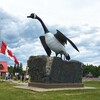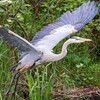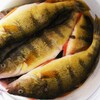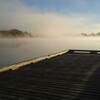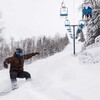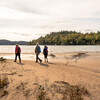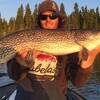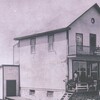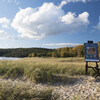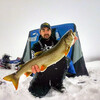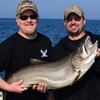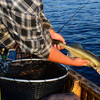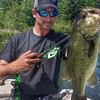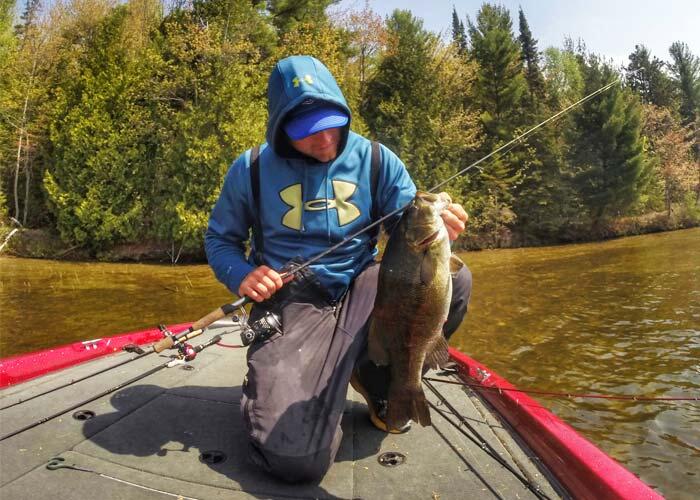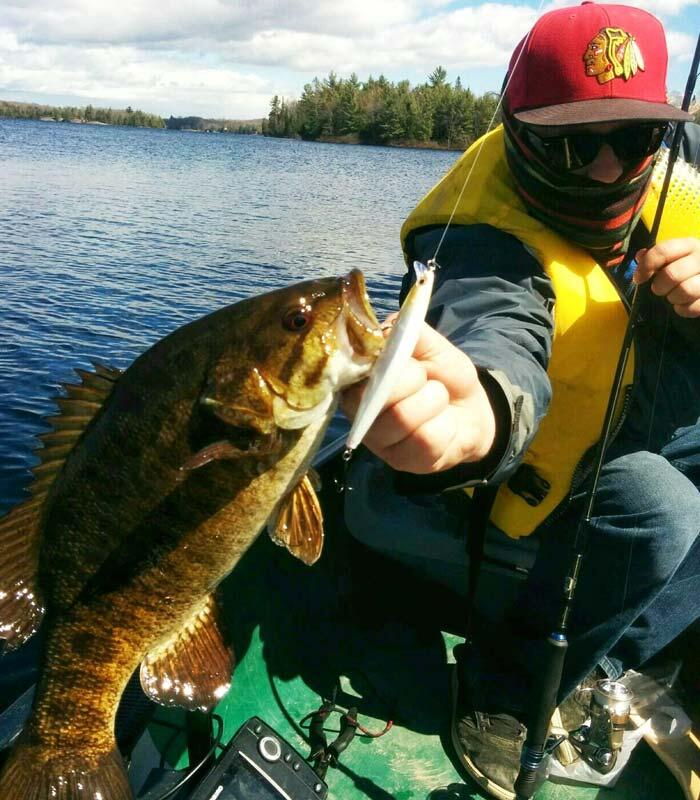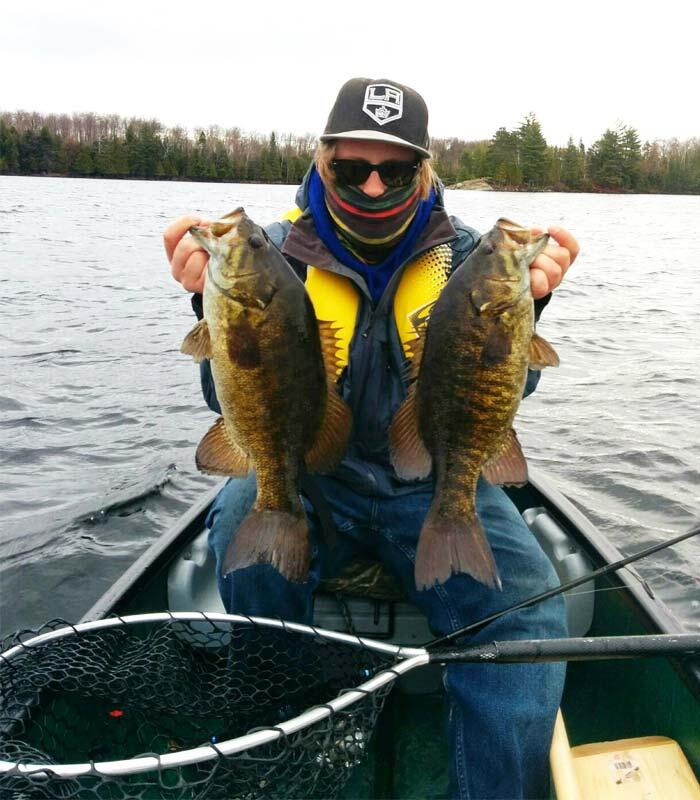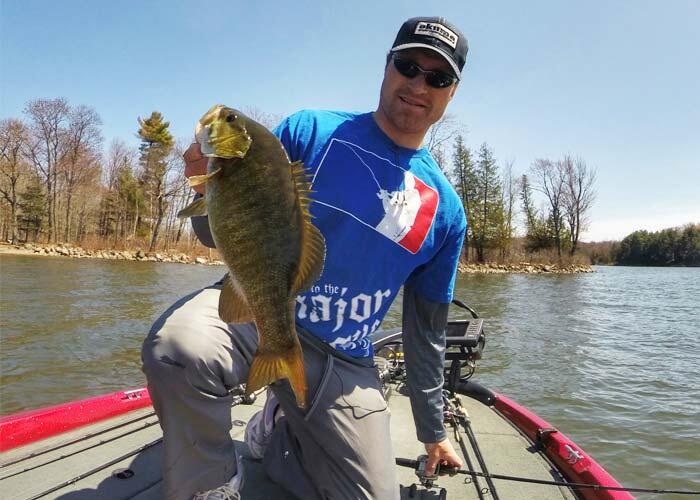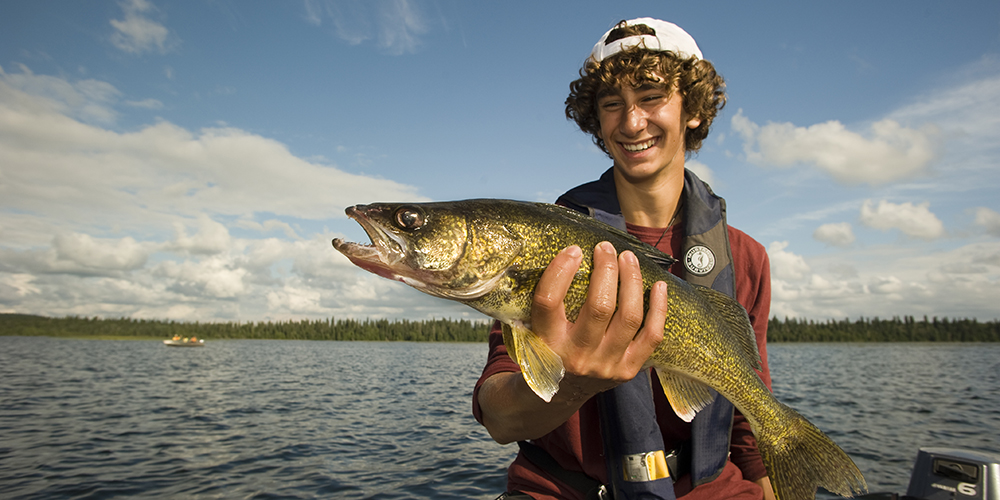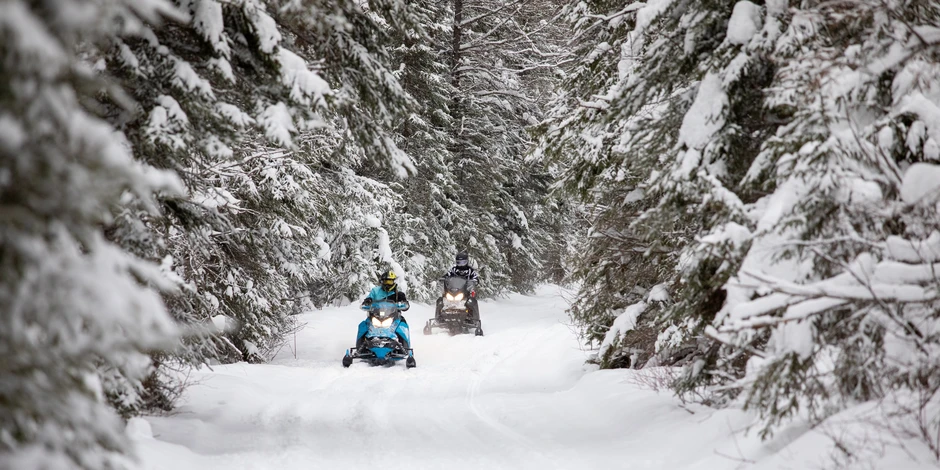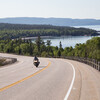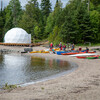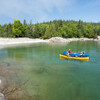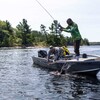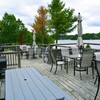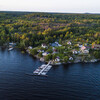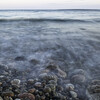
Ice Out Smallmouth Bass Basics
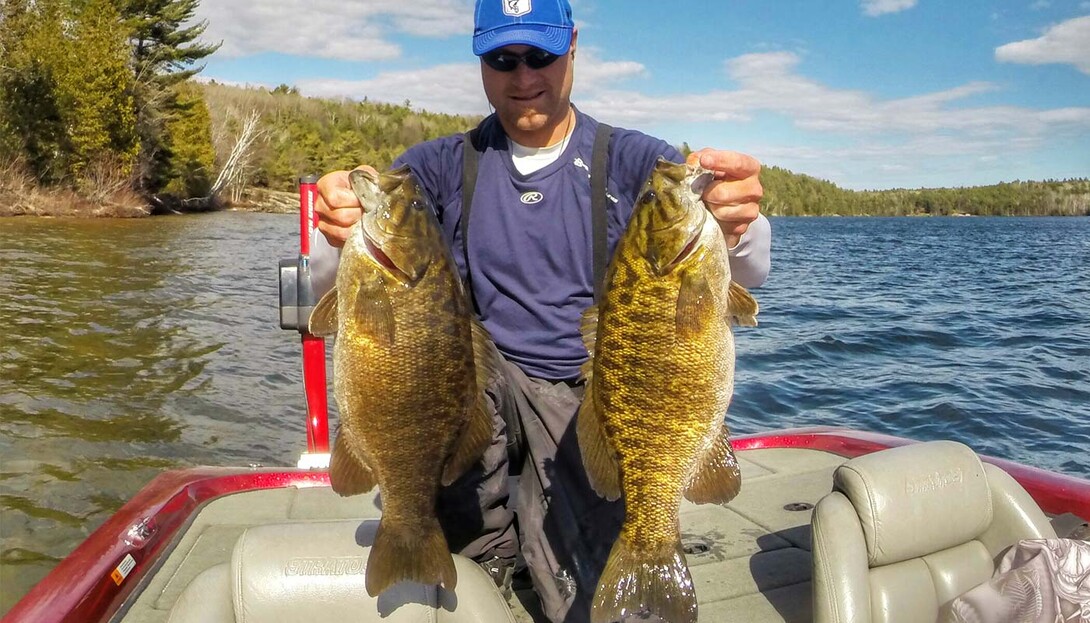
Being a bass angler in the Algoma region definitely has its perks. It isn't just the fact that bass don't really get a lot of pressure around here and there really isn't a lot of us out there compared to the southern regions of Ontario. It's the fact that since 2014, we here in Zone 10 have the opportunity to fish largemouth and smallmouth bass year-round. In the past, we could only start targeting these fish starting the fourth Saturday in June.
With that being said, soon after the ice melts and it’s nice enough to haul a boat on the roads and safe enough to put the boat in the water is one of the best times to be catching big numbers of these big brown bass. In our natural lakes, you will find that a lot of smallmouth bass like to school up together after ice out just like they do before winter.
There are times that you'll be able to find them still on their wintering grounds after ice out. Look at depths as shallow as 15 feet and as deep as 40 feet. Areas to focus on would be offshore humps, off the edge of shoals and at the end of nice tapering deep points running onto big flat areas. But we also have to take look at places where the ice first melts and that's shorelines, specifically rocky shorelines, where deep water is nearby. A lot of smallmouth venture from their wintering holes straight to the bank and thus the warmer waters to warm up on the rocky shorelines as they tend to retain the most heat. Look to shorelines that have a good stretch of rock along with it as well as the rock continuing down into the water. Steeper banks are usually what you want to look for.
Once you have found some of these key areas, lure choice is also key. No need to overcomplicate things by trying everything in your box. There are really just a handful of baits to use to put good numbers of brown bass in the boat this time of year. The number one choice for me is a deep-running Jerkbait like the Rapala Shadow Rap. Retrieving this bait with a standard jerk, jerk pause motion should just about do the trick anywhere you will go but the pause is what gets these fish to commit. Make sure that bait does not move for at least a few seconds before starting your next rip.
The fish will tell you what they like best by varying your retrieve and your pause. That same speed philosophy goes for these next two baits as well. The Rapala Shadrap and Rapala Rattlin Rap, what is known as a lipless crankbait. Both these lures can just be cast and retrieved at a steady pace with great results. Focus on colours like reds this time of year or any colours that look like the natural forage in the lake.
Next are the bottom contact lures. Anyone who knows smallmouth knows the word "tube", they just work period. Insert a standard tube jig head, dragging them along the bottom with some subtle hops of the rod tip that will entice just about any smallmouth in the lake. Other than the tube any jighead with a soft plastic minnow or crawfish imitation can coax a lot of these fish into biting.
This time of year brings a lot of excitement to people around this area as anglers can't wait for their favourite lakes to open up.
Always Be Safe On The Water
One thing I would like to bring up is to not get ahead of yourself this time of year.
- Make sure all your equipment is prepared and ready to go before what could be a cold first outing, especially your boat.
- Safety should be a large priority this time of year and that means wearing a life jacket at all times. No one wants to be the first one to take a swim in the lake. Be prepared, be safe and you will always have a great time on the water!
Recommended Articles
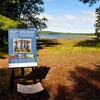
The Group of Seven in Algoma

9 Facts to Know about the Agawa Canyon Tour Train
